Should we be regulating energy prices?
- Published
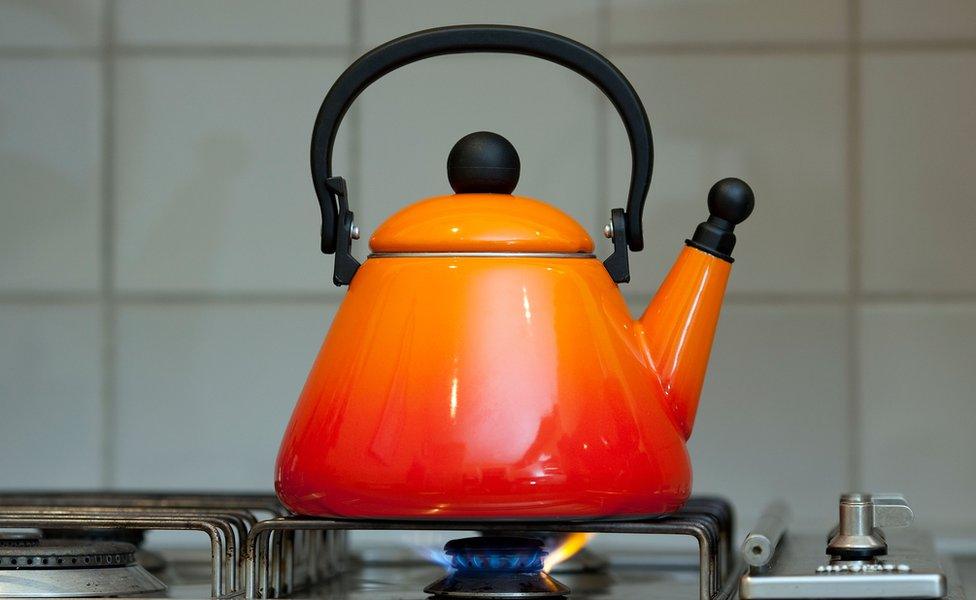
The UK's competition watchdog has detailed how it intends to fix our energy market.
It has published its "provisional decision on remedies" - the details of how it will put right what has gone wrong for consumers in recent years.
It's a huge moment for an industry that has been in the firing line from politicians and which has lost the trust of consumers.
We know what the problems are.
Last year the Competition and Markets Authority (CMA) found that customers of the big six suppliers had paid £1.2bn a year more for their energy than they would have if the market had been more competitive.
It found that the big six firms have millions of customers that don't switch supplier. As they don't have to compete for those customers, they can keep prices high.
A plan
So has proposed measures to get more of us switching.
This includes forcing energy suppliers to open up their customer databases to allow rivals to offer better deals.
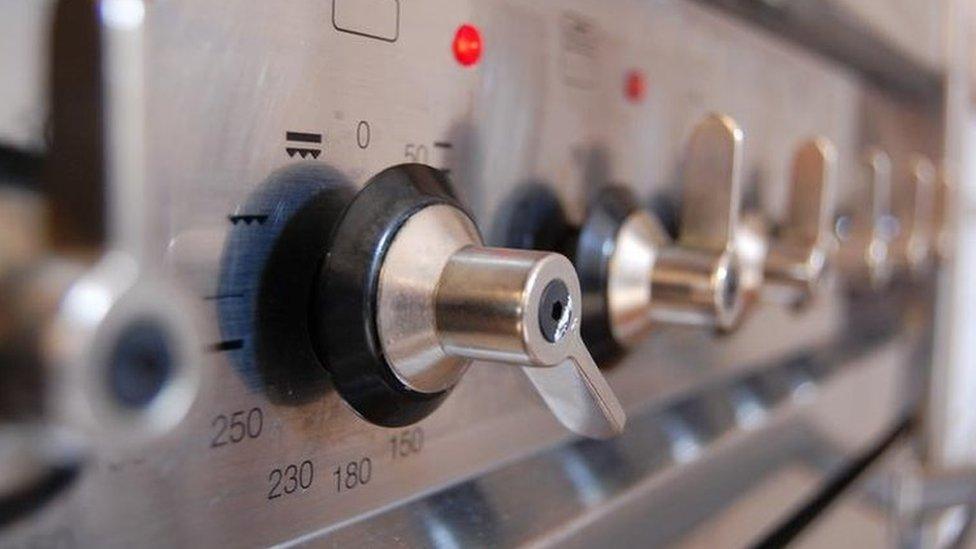
But the most controversial proposal is a "safeguard tariff" to protect millions of vulnerable customers.
Set by the energy regulator Ofgem, it is targeted at the four million households that use pre-payment meters.
This new regulated tariff will be biggest shake up in our energy market for years.
Liberalisation
From the privatisation of British Gas in 1986, to the opening up of competition a decade later, Britain led the world in liberalising its energy market.
While competition evolved, energy prices were set by the industry regulator.
But slowly price controls were lifted, and in 2002 rival suppliers were allowed to charge what they like.
Initially prices fell. Then, by the end of the decade, as wholesale prices rose, profits also soared.
Then amid a series of mis-selling scandals , trust in the industry collapsed.
By 2013 Labour was promising to freeze energy prices. Now the CMA is expected to propose bringing back price regulation.
Northern Ireland's experience
In many parts of Europe, regulated energy prices are the order of the day.
Roughly half of EU member states have some form of price controls.
And in one part of the UK, regulated prices are also the norm.
Northern Ireland has a handful of energy suppliers. But its utilities regulator sets gas and electricity prices for three firms with dominant market positions.
Those regulated prices effectively set a cap which rivals can undercut to win customers.
The utility regulator sets a price on the basis of having full transparency of the firm's costs. So, as wholesale energy prices have plummeted, it's been able to ensure those falls are passed on to customers in a timely manner.
And recently prices there have been tumbling.
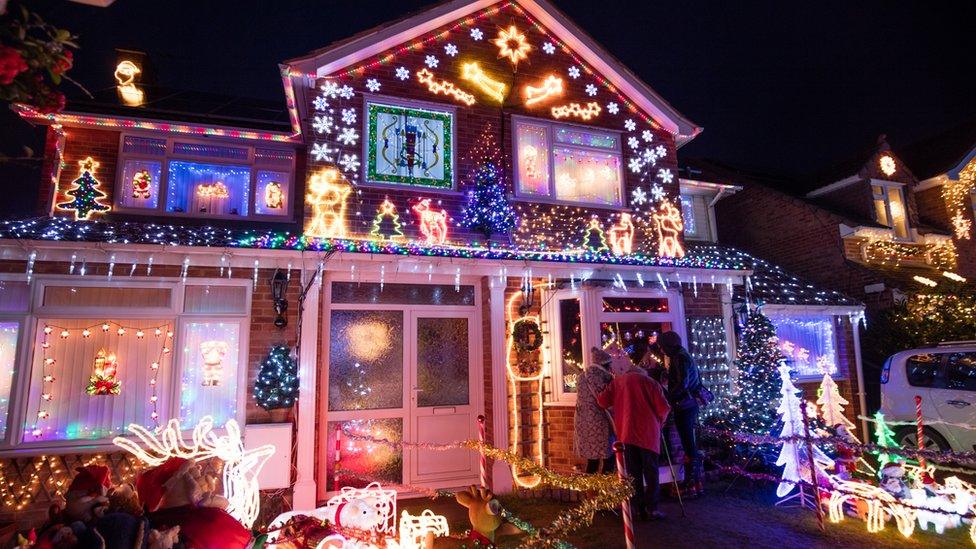
Could government intervention help with the January bill?
In the past year some Northern Ireland customers have seen gas prices fall by 24%. That's a much bigger drop than the 5% cuts to standard gas tariffs in the rest of the UK.
And while none of the big six firms have cut electricity prices in Britain, in Northern Ireland some customers will see a 10% fall in power prices in April, on the back of a 9% cut the previous year.
Irish lessons
Households in Northern Ireland have historically paid over the odds for energy, in part due to the cost of transporting gas there. Now the majority of customers are enjoying some of the lowest standard energy tariffs in the UK.
Now the CMA is signalling a return to regulation for our energy prices. Although a temporary measure to protect vulnerable customers, it amounts to a major intervention in our energy market.
The energy regulator Ofgem insists that competition is the best way to deliver lower bills for customers.
But if the CMA's reforms don't work and the big suppliers continue to maintain their market dominance, who is to say that more - not less - price regulation may be called for in the years ahead?
- Published10 March 2016
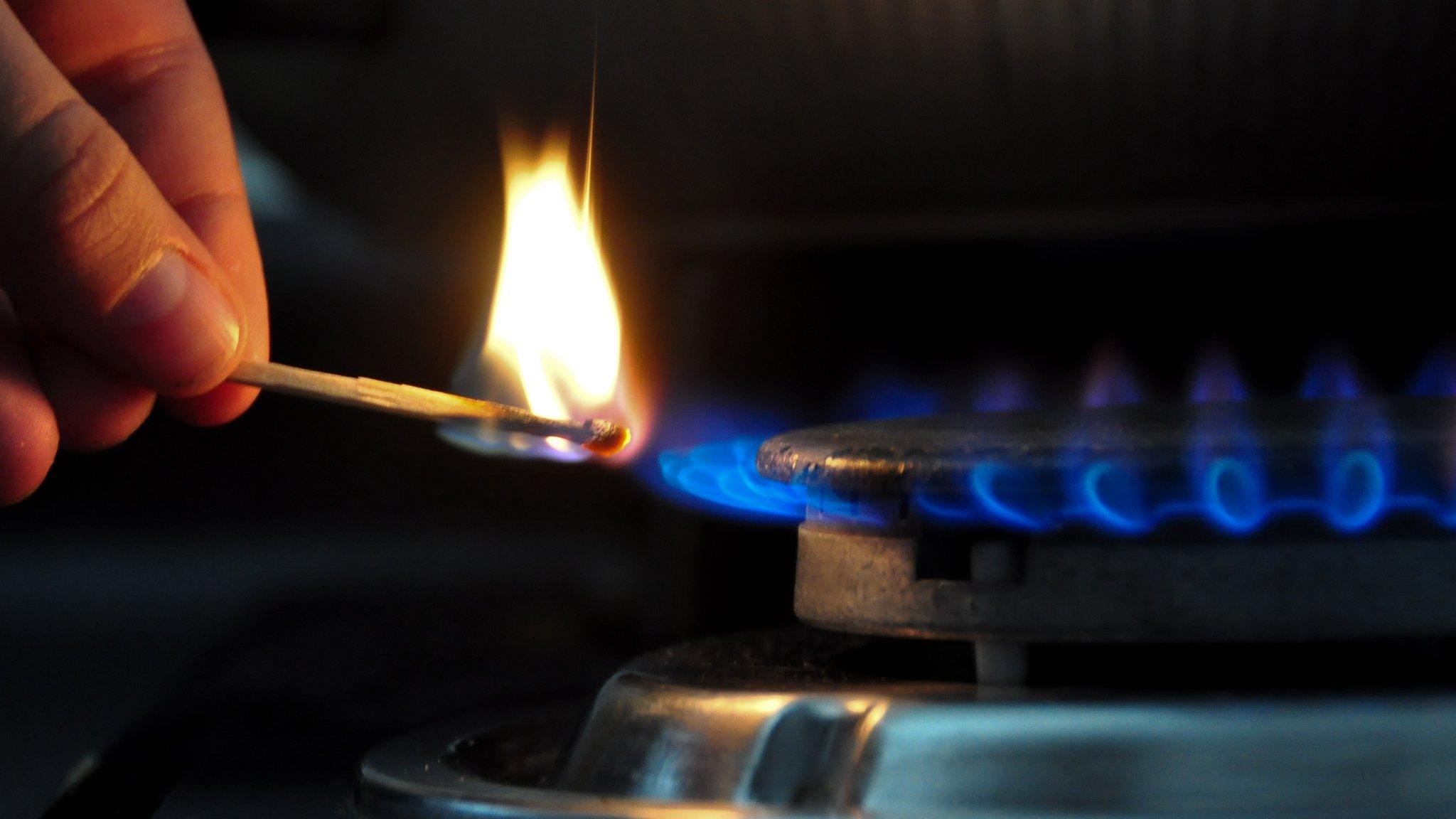
- Published15 January 2016
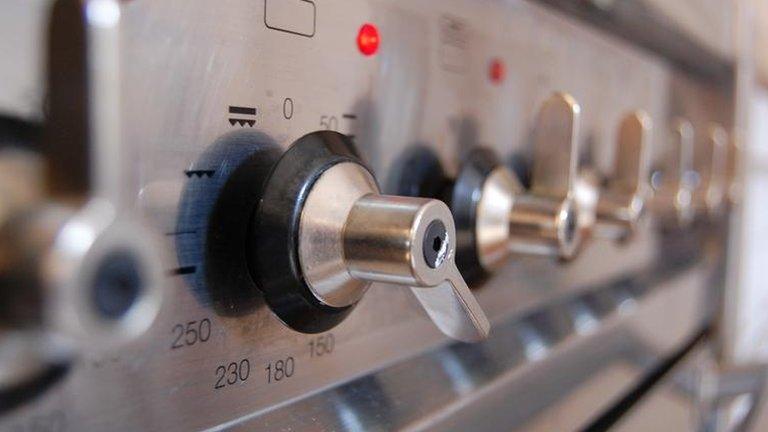
- Published9 February 2016
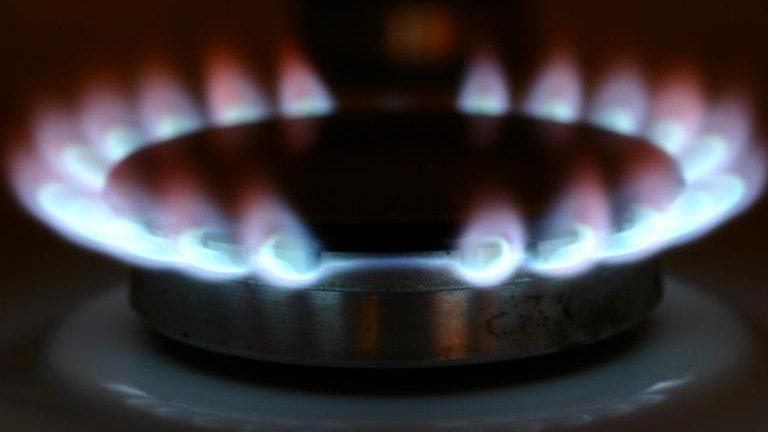
- Published22 February 2016
